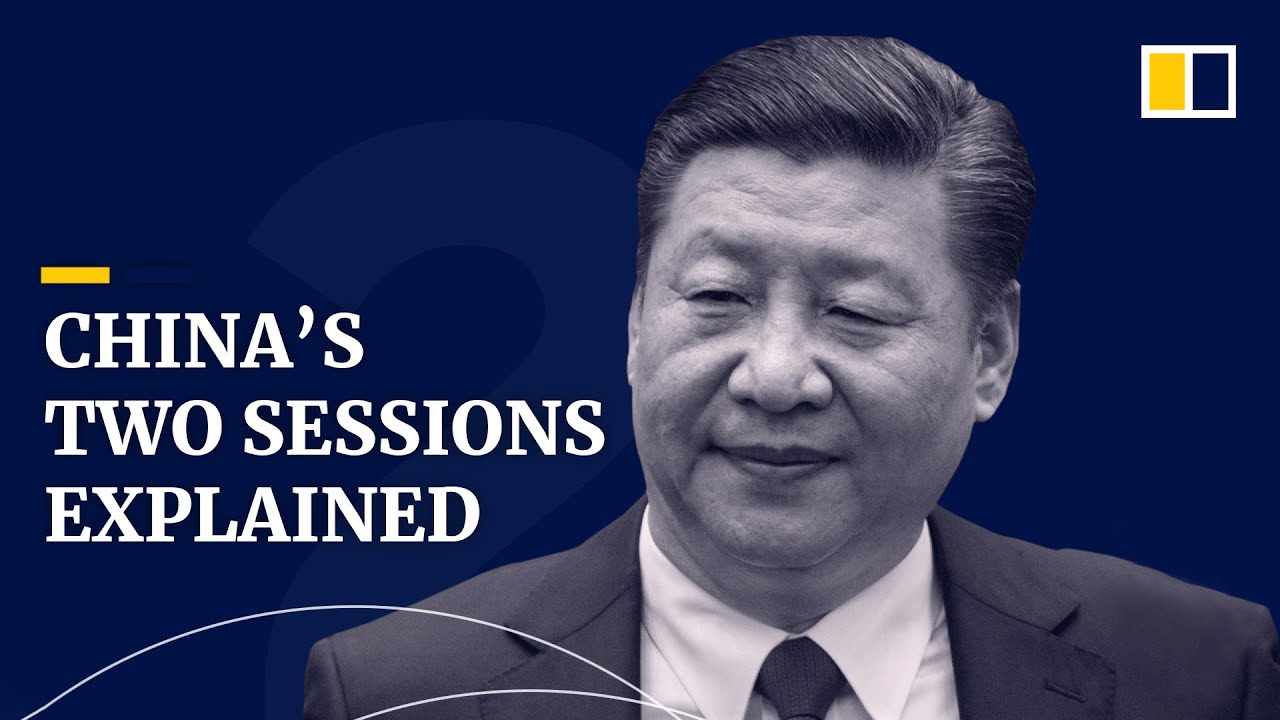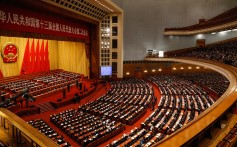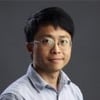 scmp.com
scmp.com
- After a two-month delay caused by Covid-19, the annual ‘two sessions’ begins on Friday in the most challenging environment for decades
- A contracting economy, looming social and economic targets and an international backlash against Beijing form backdrop for meetings
The need for a domestic economic balancing act as a result of the epidemic and the global backlash might force a strategic rethink, said Shi Yinhong, an international affairs specialist with Renmin University.
“National resources are declining and the pandemic is creating a more complicated global environment. I think we might see a certain strategic contraction by China,” he said.
“China’s strategic goals will not have changed – to consolidate the party at home and expand its influence abroad across a spectrum of areas, in trade, technology standards, militarily – especially in the South China Sea – and in competition with the US,” he said.
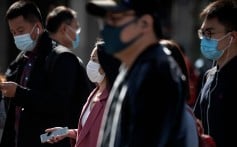

Meanwhile, how to handle the mounting international pressure over the pandemic, which has killed more than 310,000 people around the world, is generating a serious debate within China.
On one side are the so-called Wolf Warriors, or diplomats and others who favour attacking overseas critics, while others, such as former deputy foreign minister Fu Ying, say rebukes and robust defence against criticisms will not be enough to change bias against China.
Elizabeth Economy, director for Asia studies at the New-York based think tank Council on Foreign Relations, said that while “Wolf Warrior” diplomacy was alienating many in the international community, she did not see Beijing changing direction.
“These efforts are more to persuade the Chinese public of Beijing’s efficacy than foreigners and that is why Beijing has little incentive to change its behaviour.”
The damage done to the economy by the pandemic would cause some pull back by Beijing, Economy predicted, including in the Belt and Road Initiative to expand international infrastructure and trading links. But she said China’s so-called digital Silk Road expansion in telecommunication data routes would continue.
China this year reported its first economic contraction since 1976, the year when former supreme leader Mao Zedong died, with official data showing a drop of 6.8 per cent in the first quarter. It grew 6.1 per cent last year, the slowest pace since 1990.
Liu Shangxi, president of the Chinese Academy of Fiscal Sciences, a think tank affiliated to the finance ministry, has proposed issuing 5 trillion yuan (US$700.5 billion) in special treasury bonds, to be bought by the People’s Bank of China in tranches at zero interest.
The suggestion got the cold shoulder from former central bank deputy governor Wu Xiaoling, who said there must be constraints on government expenditure to ensure the efficiency of fiscal spending.
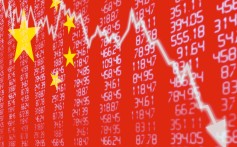

This year happens to be the deadline Beijing set itself to double its GDP size from the year 2010, which has also led to arguments about whether China should adhere to that goal and timeline in a post-pandemic world that has effectively pushed those targets out of reach.
It is also the year when the Communist Party wraps up its 13th five-year plan. Discussions of the next five-year plan at the provincial level have already started, according to reports by state media, and a directive will be rolled out in the autumn. A more detailed plan, based on that directive, will be voted on at next year’s two sessions.
Unsurprisingly, there is wide consensus that the setting of policies for the next five-year plan is taking place in a vastly different context from 2015. But there are different thoughts on how the changes should translate into policies.
Zhao Xijun, deputy dean of the school of finance at Renmin University, said China needed to think more from the perspective of the global economy in its next five-year plan, as its economic power had vastly increased. The country needed to be smarter about expansion after lessons learned in the past five years, he said.
“Overseas investment should no longer be unilateral aid, it should be more market-based, and China needs to take into consideration how the US and Europe could react to those behaviours.”
Wang Huiyao, president of the Beijing-based think tank the Centre for China and Globalisation, said China was expected to move faster on building self-reliance in hi-tech products like semiconductors in the next five-year plan.
“In the 14th five-year plan, we may see big changes in the public health area and hi-tech sector such as reducing reliance on foreign supply of chips,” said Wang, whose organisation includes former Chinese officials and prominent scholars.
“We may also see a big push to bolster advanced manufacturing sectors, allowing artificial intelligence and big data to play a bigger role in the coming years.”
The two sessions will include the only press conference of the year hosted by the premier or other members of the 25-strong Politburo of the Communist Party, but otherwise it will be shorter than usual for the thousands of lawmakers and political advisers attending from all parts of China.
The events will last for a week – about half as long as usual, Ma Fung-kwok, a Hong Kong-based representative to the NPC, told reporters recently.
Representatives from Hong Kong would need to be tested for the coronavirus in Shenzhen a day before flying to Beijing, he said.
China’s authorities have also cut the invitations to foreign diplomats, capping attendees at one representative from each embassy at the opening ceremonies of both NPC and CPPCC, according to diplomatic sources.
Those who wish to attend either ceremony must arrive at the state-owned Diaoyutai Guesthouse in Beijing a day in advance, where they will be tested for the virus and be allowed entry to the Great Hall of the People only if they return a negative result.
Only three state-owned media organisations will be admitted to the hall, where all of the major events will be held, according to Chinese media sources.
Additional reporting by Wendy Wu
will examine the outlook for Beijing’s policy towards Hong Kong. Until then, read about the
, the
,
, the
in Hong Kong, and
.



